In the wake of growing health pressures, Americans are more open to employers and digital tools for self-management options
Americans Face Chronic Physical and Mental Health Crisis
Ben Mathios
bmathios@sloanepr.com
201-419-9356
New survey data from New Ocean Health finds nearly three-quarters of its respondents have been diagnosed with at least one chronic condition affecting their physical and mental health. The most common physical conditions reported are high cholesterol (38%) and hypertension (34%). Anxiety (56%) and depression (48%) are the most frequently reported mental health issues.
In addition to the prevalence of these conditions, respondents believe there is a strong connection between chronic conditions and mental health, with 80% agreeing or strongly agreeing that these conditions are linked and have a significant impact on their everyday lives
This growing epidemic is not just a health issue. It’s affecting Americans’ ability to engage in daily life with 40% reporting bouts of depression because of their chronic or mental health condition, 37% missed important family events and 23% were forced to take time off work, indicating growing pressure on productivity as the increase of chronic conditions rise. While Americans are turning to employers and digital health tools for solutions, many remain unaware of the resources available to them.
Michael J. Musci Jr., DO, MBA, Chief Medical Officer, New Ocean remarked, “Chronic conditions increasingly strain Americans, negatively affecting both overall well-being and mental health. There's a rising need for accessible, personalized health management solutions. Simultaneously, the healthcare ecosystem needs to address the systemic issues that limit access to care and treatment options.”
Employers have an opportunity to close the access-gap with digital health solution benefits: 66% expressed a willingness to use a digital solution for managing chronic conditions, with 30% noting they currently lack access to digital tools but would adopt one if provided by their employer.
Younger people (ages 18-44) are more likely to use these tools compared to those 45 and older. However, nearly a quarter of survey respondents aren’t even aware of whether their employer offers solutions in health self-management, revealing a significant disconnect between the availability of employer-based programs and benefits and employees’ awareness and use of such tools and indicating a need for communication and engagement strategies.
Reminders and nudges could help with consistency, especially among Gen Z and Millennials: According to research conducted in 2019, more than one half (53.8%) of adults aged 18-34 years reported having at least one chronic condition, and nearly one quarter (22.3%) reported having more than one chronic condition.1 As the rate of chronic conditions among younger adults rises, there is an opportunity to reach them in their native digital ecosystem with solutions intentionally designed to drive engagement. Nearly 70% say they would be more likely to use a digital or mobile solution consistently if it included reminders or nudges, with younger people (ages 18-44) being the most responsive to these features. This highlights the potential for digital engagement when proactive prompts are built into the experience.
Healthcare providers play an integral role in chronic condition management: 67% of individuals still prefer the guidance of their primary care physicians (PCPs). Meanwhile, younger generations already familiar with digital technologies are poised to lead the growing shift toward using technology to manage their health as they age. Importantly, with the growing availability of digital and AI-integrated tools, holistic management will likely trend toward the combined use of primary care physicians and real-time digital health monitoring to create a more comprehensive and supportive care experience.
Learn more about chronic condition management at New Ocean Health Solutions.
About New Ocean Health Solutions
New Ocean Health Solutions is a leading software design and development company that empowers organizations to address population health through its broad enterprise mobile health management platform that includes health and well-being solutions that address chronic conditions, mental health, and lifestyle management. Designed with behavioral science, New Ocean's programs are more adaptable to human nature and more likely to drive user engagement over the long-term. New Ocean's platform leverages AI, digitally directed coaching and evidenced based medicine to encourage users to make good choices and form healthy habits when it comes to their health. Led by former Walgreens Health & Wellness President and retail health clinic pioneer, Hal Rosenbluth, New Ocean is focused on providing digital healthcare that is accessible, high-quality, and affordable for every American.
Research Methodology
The research was conducted as an online pulse survey powered by Harris QuestDIY powered by the Harris Poll on behalf of New Ocean Health Solutions. The survey was fielded in the United States on Aug. 26, 2024, among 1,000 U.S. adults 18+ with a near equal split in male and female (489 identified as male, 513 as female). The age/generational split is as follows:
- 18 - 24 (107 respondents – 10.7%) Gen Z
- 25 - 34 (182 respondents – 18.2%) Gen Z / Millennial
- 35 - 44 (172 respondents – 17.2%) Millennial
- 45 - 54 (161 respondents – 16.1%) Gen X
- 55 - 64 (160 respondents – 16.1%) Gen X/Boomers
- 65+ (220 respondents – 22.0%) Boomers
1 Watson KB, Carlson SA, Loustalot F, Town M, Eke PI, Thomas CW, Greenlund KJ. Chronic Conditions Among Adults Aged 18?34 Years - United States, 2019. MMWR Morb Mortal Wkly Rep. 2022 Jul 29;71(30):964-970. doi: 10.15585/mmwr.mm7130a3. PMID: 35900929; PMCID: PMC9345173. |
View source version on businesswire.com: https://www.businesswire.com/news/home/20241022078244/en/

 Business wire
Business wire 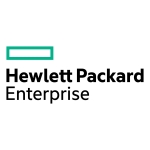
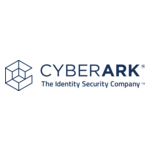
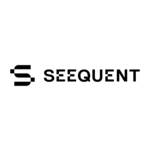
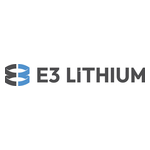
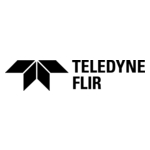
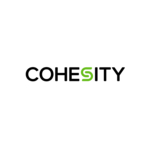
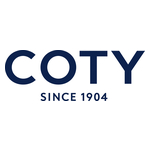
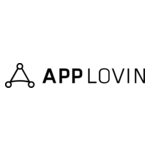

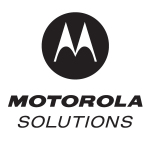
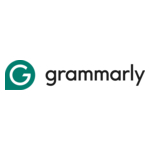


Add Comment